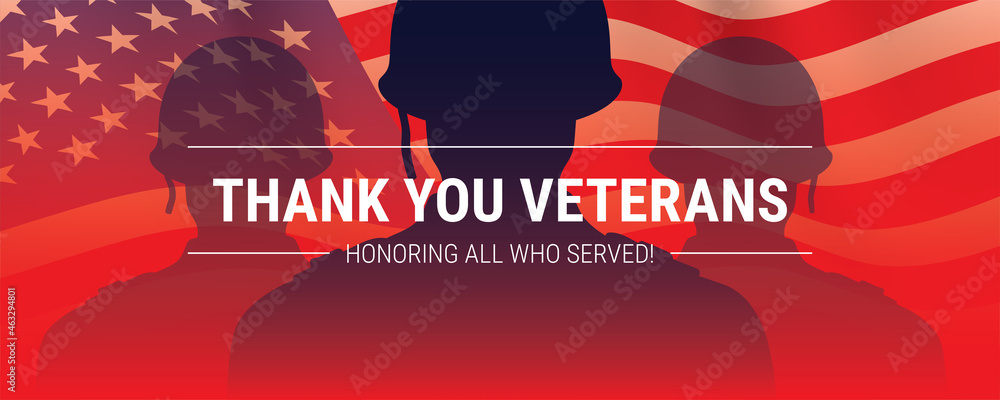
When it comes to disability benefits, many veterans are surprised by how differently the VA and the Social Security Administration (SSA) handle claims. While the Department of Veterans Affairs allows for more flexibility, especially when it comes to working while receiving benefits, Social Security has stricter guidelines. Understanding these key differences can make or break your claim.
Yes, You Can Work and Still Receive VA Disability
One of the most common misconceptions is that you can’t work while receiving VA disability. That’s not true. In fact, you can hold a job and still receive a 50% rating, or even a 100% VA disability rating, without issue. Many veterans do it every day.
On the other hand, Social Security Disability Insurance (SSDI) operates differently. With Social Security, it’s more black and white — either you’re fully disabled and unable to work, or you’re not. There’s no in-between.
Social Impairments: A Major Difference
If your VA claim included social impairments (such as difficulty interacting with others, isolating behaviors, etc.), keep in mind that Social Security may not even consider these factors. That’s because social impairments are not recognized in the same way by SSA when determining disability.
So, if you’re applying for SSDI, it’s important to adjust your strategy. You can’t simply submit the same materials you used for your VA claim and expect the same outcome.
Know the Listings: SSA’s Blue Book
The Social Security Administration maintains a comprehensive Listing of Impairments—commonly referred to as the Blue Book. Many conditions listed there may also be compensable through the VA. However, before you submit an SSDI claim, make sure the disability you’re filing for is specifically recognized in the SSA’s Blue Book.
This is one of the most important steps in preparing your claim. The SSA is very structured in what they accept and how they evaluate it.
Time Requirements: VA vs. SSA
Another key difference is how long your condition has lasted—or is expected to last.
For SSA:
To qualify, you must meet at least one of these conditions:
-
The condition is expected to result in death;
-
The condition has lasted for at least 12 months;
-
The condition is expected to last at least 12 months.
For VA:
There’s more flexibility. While a current diagnosis (usually within 6 to 12 months) is often required, you can file for secondary claims decades after discharge and still win. The VA is not bound by the same rigid time frames.
What About Medical Evidence?
Both VA and SSA want to see current medical records, diagnoses, and symptoms. But here’s the crucial difference:
-
The VA looks at how much your service-connected condition affects your daily life, whether or not you can still work.
-
SSA focuses exclusively on whether your condition prevents you from working at all.
SSA is looking for absolute incapacity to perform any work, not just a reduced ability.
Should You Use a Vocational Expert?
Yes, absolutely—especially if you’re filing for Total Disability based on Individual Unemployability (TDIU) or SSDI. Vocational experts specialize in evaluating your ability to work based on your condition, job market factors, and federal labor standards.
In VA claims, vocational experts are rarely involved. But on the Social Security side, vocational experts can play a critical role, especially if your claim goes to a hearing. In many cases, the vocational expert is sitting right next to the judge during your SSDI hearing, providing testimony about your ability—or inability—to work.
Pro tip: Get a vocational expert involved early in your SSDI claim to strengthen your case and avoid unnecessary denials.
Final Thoughts
Some veterans are able to use the same medical evidence from their VA claims to win SSDI cases. But in many instances, you’ll need a more tailored approach. Understanding these distinctions—and preparing accordingly—can give you the edge you need when applying for Social Security Disability Insurance.
⚠️ Disclaimer
VeteransBenefitsHub.com is an informational resource created to assist veterans and their families. We are not affiliated with the Department of Veterans Affairs (VA) or the Social Security Administration (SSA). This article is not intended as legal or medical advice. Always consult with a qualified professional or accredited representative for assistance with your specific claim.

